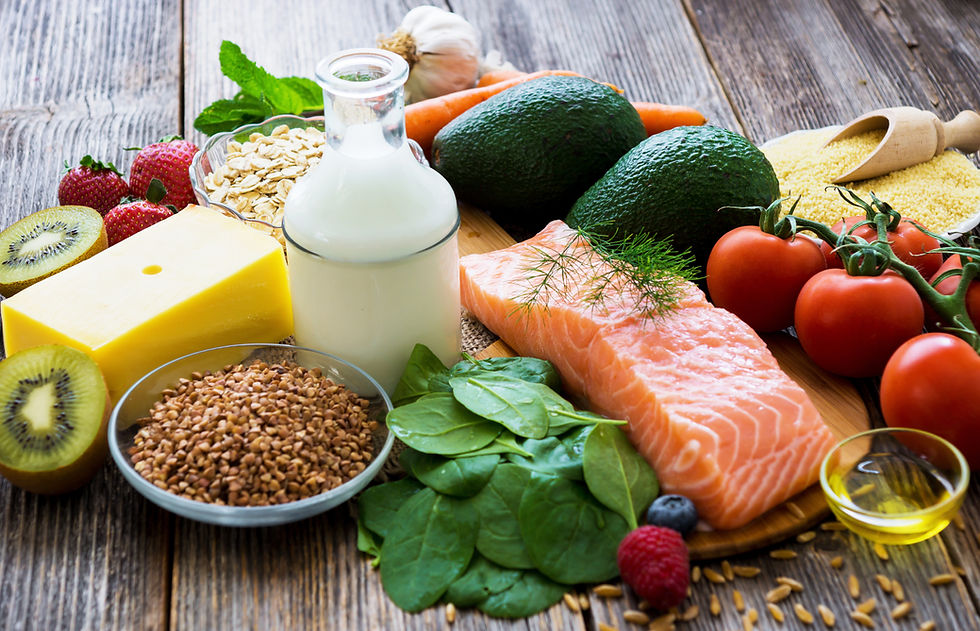A Guide to Post-Game Nutrition for Volleyball
- Feb 22, 2024
- 2 min read
Volleyball is a demanding sport that requires agility, power, and endurance. To perform at their best, athletes need to pay attention not only to their training but also to their post-game nutrition and recovery strategies. Proper recovery plays a crucial role in enhancing performance and preventing injuries. In this blog post, we will explore effective post-game nutrition and recovery strategies tailored to the unique needs of volleyball players.

Hydration:
One of the most fundamental aspects of post-game recovery is proper hydration. Volleyball is an intense sport that can lead to significant fluid loss through sweat. Dehydration can impair performance and increase the risk of injuries. Athletes should aim to replace lost fluids by consuming water, electrolyte-rich drinks, or sports beverages. Adequate hydration helps maintain optimal muscle function and supports the body's natural recovery processes.
Nutrient Timing:
The timing of nutrient intake is essential for replenishing energy stores and supporting muscle recovery. Athletes should focus on consuming a balanced meal or snack within 30 minutes to an hour after the game. This post-game window is crucial for replenishing glycogen stores, repairing muscle damage, and promoting overall recovery. Including a combination of carbohydrates and proteins in this post-game meal can optimize the recovery process.
Carbohydrates are essential for replenishing glycogen stores, the body's primary source of energy. Opt for whole grains, fruits, and vegetables to provide a steady release of energy. Proteins, on the other hand, aid in muscle repair and growth. Lean sources such as chicken, fish, beans, and dairy products can be excellent choices for post-game meals.
Nutritional Considerations:
In addition to carbohydrates and proteins, volleyball players should pay attention to other essential nutrients that support recovery and performance. Omega-3 fatty acids, found in fish, flaxseeds, and walnuts, have anti-inflammatory properties that can help reduce muscle soreness. Antioxidant-rich foods like berries, dark leafy greens, and nuts can assist in combating oxidative stress caused by intense physical activity.
Supplements:
While getting nutrients from whole foods is ideal, some athletes may benefit from supplements to bridge nutritional gaps. Whey protein supplements can be convenient for quick post-game protein intake, and branched-chain amino acids (BCAAs) can aid in muscle recovery. However, it's crucial to consult with a healthcare professional or a nutritionist before incorporating supplements into your routine to ensure they align with individual needs.
Rest and Sleep:
Physical recovery goes hand in hand with proper rest and sleep. Athletes should prioritize getting enough sleep to allow the body to repair and regenerate tissues. Quality sleep supports hormone regulation, immune function, and mental well-being, all of which are crucial for optimal performance and injury prevention.
Conclusion:
In the fast-paced world of volleyball, post-game nutrition and recovery strategies are integral components of an athlete's overall training plan. By prioritizing hydration, consuming a well-balanced post-game meal, considering nutritional needs, and incorporating proper rest, volleyball players can enhance their performance on the court while minimizing the risk of injuries. Remember, a well-recovered body is a powerful one, ready to spike, dive, and excel in every aspect of the game.




Comments